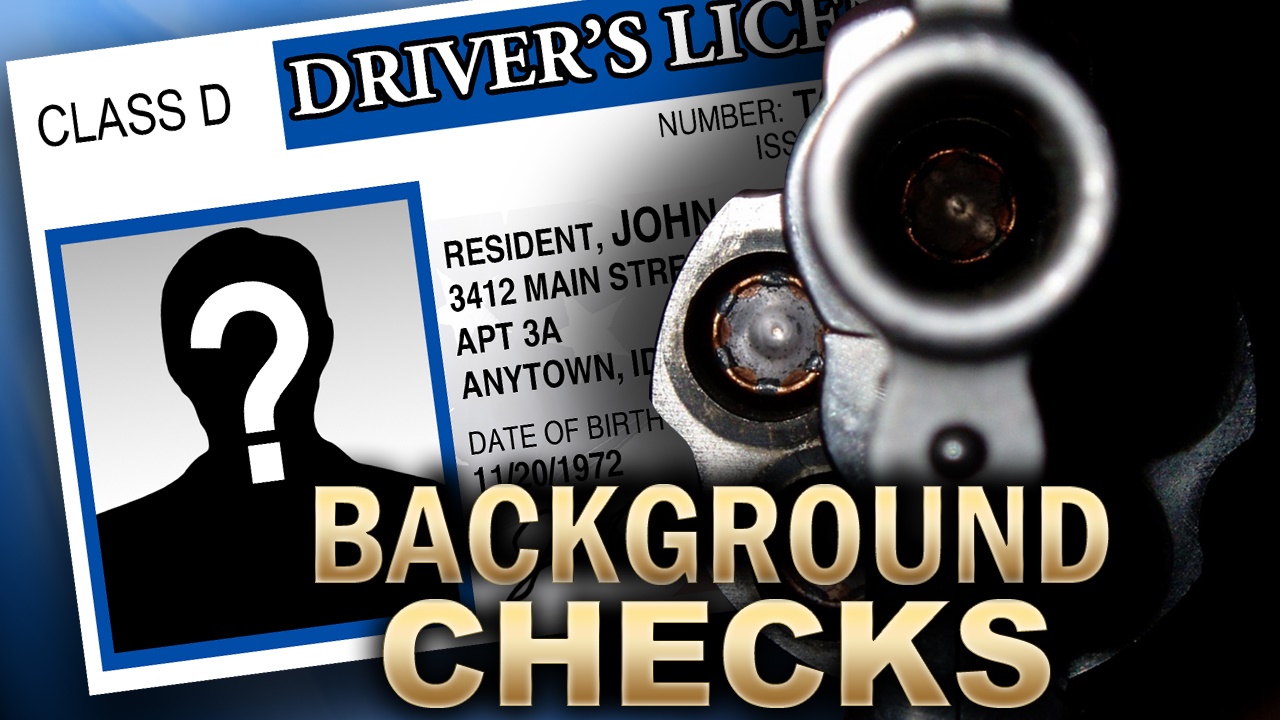It’s time to talk about using lethal force and how to use it responsibly
08/20/2019 / By Lance D Johnson

Lethal force is not evil, nor is it guilty by default. When used responsibly and with the right intention, lethal force holds evil accountable, stopping crimes before they are committed and defending against further harm to innocents. A person properly trained in self defense — one who protects his own family, property, and is ready to defend his country — is an asset, not a danger or a liability.
When it comes to using lethal force responsibly and ethically, one must consider these five concepts:
Situational awareness:
You can avoid conflict and potential violent altercations by understanding human emotion, body language, and how energy works. When you enter an auditorium, a bus, a gas station, etc., keep your head up and out of your phone. Daydreaming is not meant for public places, where people are coming and going. Make brief eye contact with the people nearby and be alert. Know your exit strategy in case of an emergency and take a mental note of the objects, barriers, and self defense covers in your immediate environment. Engage those nearby with a friendly, un-paranoid demeanor. If you feel uncomfortable where you are, use strong, confident body language and don’t instigate trouble. Situational awareness can prevent altercations, but assailants can still hit you by surprise in any social situation.
De-escalate tense situations:
In a tense situation, suppress the urge to respond out of anger, pride, or ego. If you find yourself confronted by angry, emotional, or violent energy, use a confident tone but don’t be demanding. Challenging the emotionally disturbed person will only escalate tensions, so don’t try to control them or prove them wrong. Don’t be weak either. Know your path and be confident in what you are doing. Take a deep breath and be calm with your assailant. If they look to take advantage of your peaceful demeanor anyway, then you should rightfully prepare to defend yourself.
Your weapon can be used against you:
If you engage a thief strung out on meth or psychotropic drugs, you have to accept the fact that they are desperate, out of their mind, and may have the strength to overpower you, even if you bring a knife, bat, or firearm into the confrontation. Sick people, who have nothing to lose, could very easily take advantage of any weapon you bring to the fight. Your weapon could be turned against you in a blink if you are not prepared to use it in a confident way. Your gun is not your only problem solver, either. To thwart a desperate threat, you must use your body language, voice, and negotiating skills. (Related: Tips for being ready to use your firearm when a situation turns violent.)
Taking responsibility for every misfire:
If you confront a threat with your firearm, you have to take mental note of every person that could be hit by your bullet. A shotgun fired at long range can damage people and property. If you plan to fire that gun, poor aim, a shaky hand, and misfire could injure yourself or the people you are trying to protect. It is not good enough just to own firearms. Lethal force must be used responsibly, and that requires practice, good aim, and the ability to handle your breath and adrenaline to deliver effective shots if need be.
Pepper spray is a great alternative deterrent and doesn’t require lethality. If used properly, it can give you and innocent people enough time to escape, while exposing the perpetrator.
Mental scrutiny:
It is ethical to respond to lethal force with your own version of lethal force to protect yourself or other innocent life. Even when you do engage a threat with firepower, you must be prepared to live with your own mental scrutiny (the what-ifs) which can haunt you your entire life. You also must be prepared to be scrutinized by law enforcement, a judge, and a jury as to why you decided to use lethal force. Your actions, words, and intent will be scrutinized. This is why you must use sound judgment before you un-holster your firearm and use good aim if you decide to pull the trigger.
For more on this matter, visit Guns.news.
Sources include:
Tagged Under: aim, firearm, intent, lethal force, mental preparation, negotiation, Responsibility, self-defense, self-reliance, situational awareness, violence, voice tone, weapons
RECENT NEWS & ARTICLES
COPYRIGHT © 2017 SECOND AMENDMENT NEWS


















